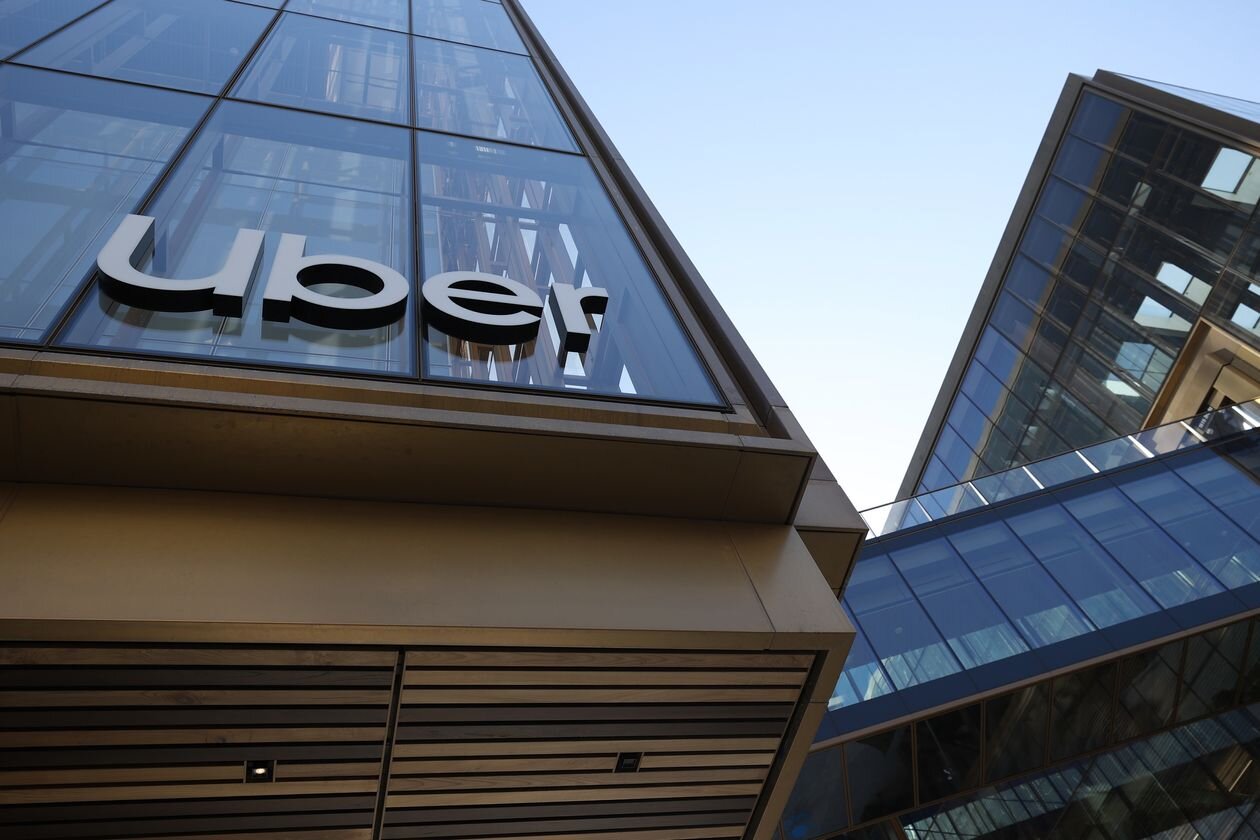Open Mic has coordinated a range of activist shareholder proposals at large tech companies that try to force the companies to address questions about the ethical use of technology and how workers are treated internally. The original Microsoft shareholder proposal from Open Mic aimed to force the company to hire an independent third-party to evaluate whether Microsoft's contracts with government agencies comply with the company's stated commitment to human rights principles.
Investors want change, but founders like Mark Zuckerberg hold them off
“There’s an arrogance about it that just cries out for some sort of justice,” said Michael Connor, executive director of Open MIC (Media and Information Companies Initiative), a nonprofit that works on socially responsible investing. Socially responsible investing — also known as environmental, social and governance (ESG) — has grown more popular in recent years, and is especially so among younger investors. Surveys show they care more about investing in companies whose values align with theirs than their older counterparts.
Apple refuses to make NDA concessions for workplace harassment and discrimination
“We approached Apple in good faith and encouraged them to take a leadership role here,” says Ifeoma Ozoma, who’s helping to lead the effort. “Their response was to use the same employee handbook that they’ve reportedly been using to silence workers as an excuse to say no. We responded that this wasn’t acceptable — and curiously haven’t heard back.”
Annual shareholder meetings: A new battlefront for tech workers
To Michael Connor, executive director of Open MIC, a nonprofit that works with sustainable funds to organize shareholder proposals, that's a sign that things are trending in the right direction. "Over time even if shareholder proposals are voted down, it doesn't mean directors don't have a fiduciary duty to worry about those issues and be concerned about them," Connor said.
Shareholders to pressure Thomson Reuters on cutting ties with ICE
Both Glass Lewis and Institutional Shareholder Services (ISS) told their clients that adopting the proposal’s recommendations would be a positive step for Thomson Reuters from a business perspective.
Glass Lewis and ISS “play a very influential role in the shareholder advocacy world,” said Michael Connor, executive director of Open Mic, a nonprofit focused on corporate accountability in tech and media, adding that one of those endorsements can swing up to 20 percent of the vote in some cases.
SHAREHOLDERS’ ESG PROPOSALS MAKE SIGNIFICANT GAINS AT AMAZON
“Last week’s vote confirms that Amazon needs to take aggressive steps to address investor concerns about its facial recognition technology, Rekognition,” said Michael Connor, Executive Director of Open MIC in relation to another proposal asking for a report on customer use of certain technologies that over 34% of shareholders supported. “Amazon’s current moratorium on police use of Rekognition isn’t sufficient. At the very least, Amazon must now broaden the scope of the moratorium to bar the use of Rekognition not only by police but also by ANY government agency or ANY law enforcement... ANYWHERE in the world.”
Shareholder activists demand reforms from Amazon, Google, and Facebook
“Face surveillance dramatically expands law enforcement’s power and threatens rights including privacy, freedom of expression, freedom of association, and due process for everyone. But the threats are greatest for Black and Brown communities, Muslim communities, immigrant communities, Indigenous communities, and other people historically and currently marginalized and targeted by policing,” Michael Connor, executive director of Open MIC, a nonprofit advocating for Harrington, said in a statement.
Tech giants face rising pressure from shareholder activists
Tech giants are facing increasing pressure from activists to adopt proposals aimed at expanding whistleblower protections, investigating potential civil rights violations and curbing hate speech online.
Activist shareholders are pushing for the proposals to be adopted during this week’s annual meetings, the first to be held after a year that’s included nationwide Black Lives Matter protests, a deadly riot at the U.S. Capitol and challenging working conditions for many on-site workers in the tech industry.
Is Uber disclosing enough information about its lobbying? 30% of shareholders want more
“Thirty percent support for the proposal in its first year at Uber shows a significant base of support for this reform, which we believe will only grow over time,” a spokeswoman for the Teamsters said Tuesday. “Transparency and accountability are necessary at Uber and throughout the ‘gig’ industry.”
Michael Connor, executive director of Open MIC (Media and Information Companies Initiative), a nonprofit that works on socially responsible investing, agreed with that assessment.
“[It’s] a strong signal that the underlying issues are important to an influential contingent of investors — and the company’s board and management would be wise to begin addressing those issues,” he said.
Institutional Investors Are Pressuring Boards To Focus On Whistleblower Protections. Could That Spur Change At Google?
Brought by Trillium Asset Management, which holds shares in Alphabet valued about $150 million, the resolution calls for an independent third party to review Alphabet’s existing whistleblower policy and bolster protections for employees…Trillium worked with Open Mic, a non-profit that helps shareholders craft resolutions to force change at boards, to frame the whistleblower measure. Last year, Trillium’s resolution received about 5% of the vote, but the firm is confident that support will double or triple this year.


















